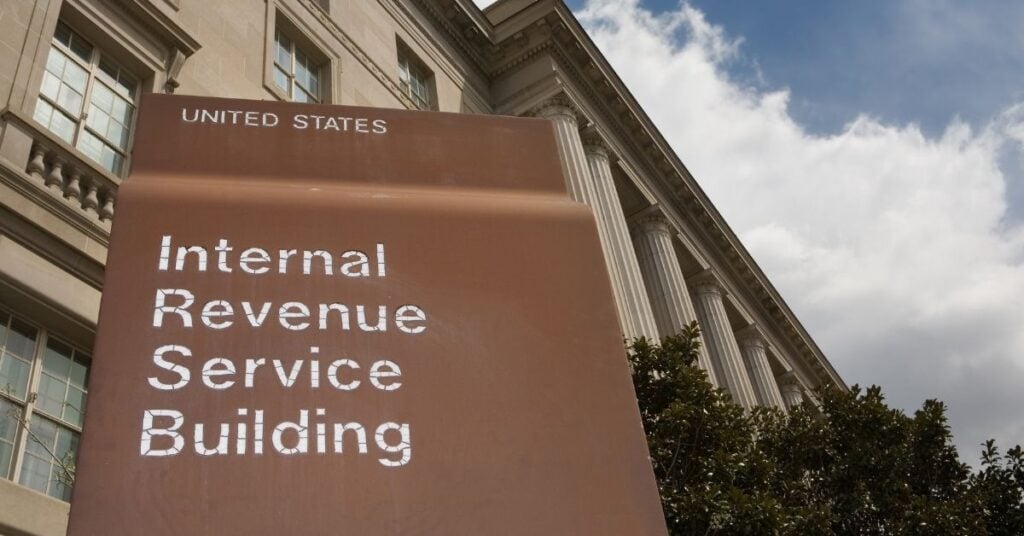Last week, President Trump fired the Commissioner of the Bureau of Labor Statistics (BLS) in retaliation for publishing weak jobs numbers in the Bureau’s monthly employment report. The Trump administration rightly received criticism for spooking investors and undermining the credibility of government data for this reckless move. But this is just the latest act in a broader erosion of the federal data infrastructure.
President Trump provided zero evidence to support his claim of a “rigged” report created to make him look bad. Janet Yellen, the former Treasury secretary and chair of the Federal Reserve, described the firing as “the kind of thing you would only expect to see in a banana republic.”
It’s crucial to understand the BLS is an independent, non-partisan, and highly respected agency tasked with producing data on jobs, wages, and prices. This data serves as the backbone for a broad swath of public and private decision-making. Researchers depend on these data to study the impacts of government decision-making on the economy, budgets, and people’s lives.
Trump’s latest attack on the BLS contributes to an alarming trend. For years, federal statistical agencies have been chronically underfunded. Under the Trump administration, additional budget cuts, federal hiring freezes, and mass layoffs are further straining agencies.
The collection of quality data is often labor-intensive, sometimes requiring massive field operations. When agency funding and staff levels cannot support the full collection effort, we risk losing the kind of data that is the hardest, and most essential, to collect: data in rural areas, smaller geographies, and often historically undercounted populations. This kind of slow data erasure poses serious challenges for tax policy research and modeling.
For example, the Census Bureau employs thousands of field representatives to interview households and businesses for a range of surveys. But since January, 1,300 Census Bureau employees have reportedly left, further hamstringing data collection in an already understaffed agency. Previously, when the agency faced funding shortfalls in 2016, it cancelled its field testing aimed at improving counts in Spanish-speaking areas and on Indigenous reservations for the 2020 Census. These hard-to-count communities are often central to our analyses of tax equity.
BLS faces similar challenges. Inflation data relies on data collectors to record price data from thousands of retailers across the country. These operations are being forced to scale back due to shrinking resources and in some cases have stopped altogether. Despite this, Trump’s 2026 budget proposal reduces the BLS budget by $56 million and proposes a major restructuring of the agency. This data is foundational to many aspects of modeling; it allows us to compare the impact of policy over time in “real” terms and project policy impacts out into the future.
At the IRS, staffing levels in the Research, Applied Analytics, and Statistics office have decreased by 29 percent since January. As a result, the IRS has indefinitely postponed its Joint Statistical Research Program, which produced original research and novel data sets that ITEP frequently relies on to inform our own modeling of tax policy and taxpayer behavior.
Distrust in data will harm every American, leaving businesses less able to prepare for a recession, labor unions less equipped for potential layoffs, and families less able to predict how far their paycheck will go. At the height of COVID deaths in June 2020, Trump famously said, “if we stop testing right now, we’d have very few cases, if any.” A similar approach is emerging on job creation, economic growth, and tax collections: if reality doesn’t conform to the narrative, destroy the evidence.
The federal government’s statistical agencies are full of non-partisan career economists and statisticians who work hard to be responsible stewards of our nation’s data. And they continue to do so even under tight resource constraints and amid a fiercely partisan political environment. But last week’s attacks on BLS fuel growing fears among researchers and policy analysts that the data we rely on to understand policy may one day be compromised, suppressed, or deleted altogether.





